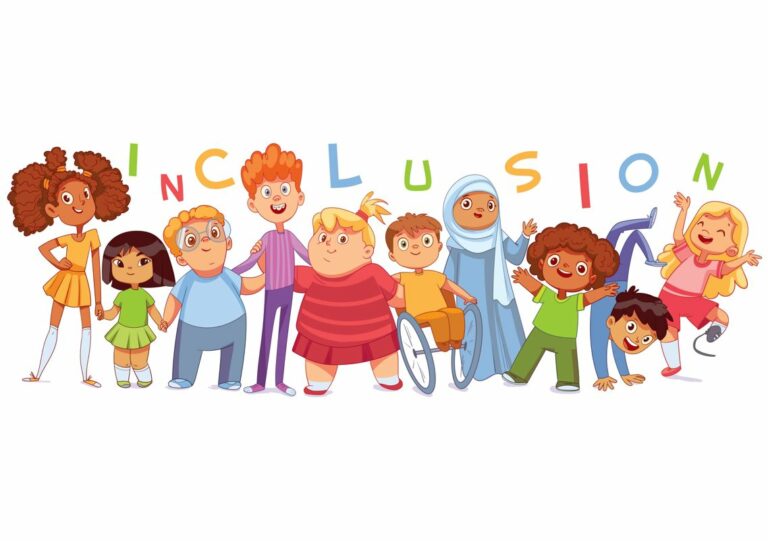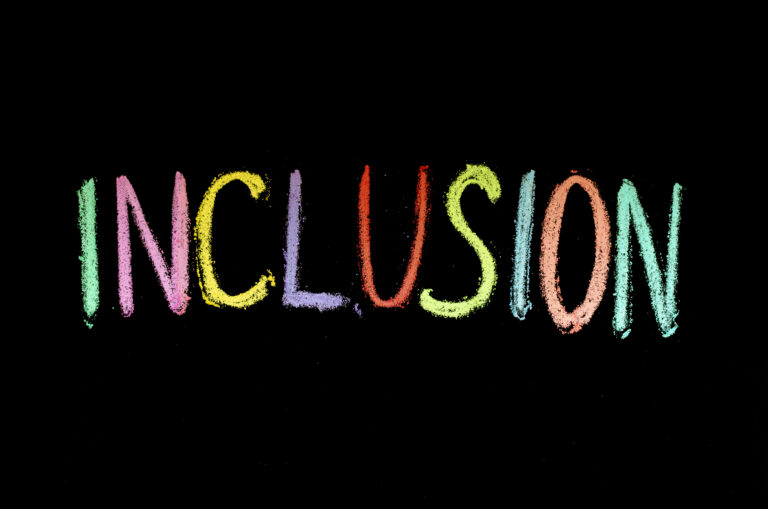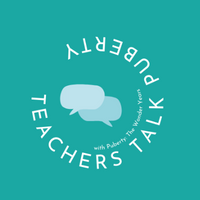Back-to-School Tips for Parents

It’s back-to-school time, parents and caregivers!

It’s back-to-school time, parents and caregivers!

Following best practices for accessible and inclusive lessons fosters supportive environments for all students with a wide variety of needs.

Puberty can be an uncomfortable topic and adding disability does not make conversation easier. Learn how to talk about disability.

The Puberty Lady created a puberty book list and a series of video book reviews.

By using strategies that address these two main goals, the home-school partnership that supports and protects students can be strengthened. Family Engagement 5 is the last in a five-part series.

Let’s look at the reasons parents and schools might have trouble working together to provide the sex education children and adolescents need. Family Engagement 4 is the fourth in a five-part series.

With all the benefits of family engagement related to sex education, schools are wise to forge a strong home-school partnership that will keep children and adolescents safe and healthy. Family Engagement 3 is the third in a five-part series.

Anticipating these possible times when parents and teachers clash can help everyone work together more smoothly. Family Engagement 2 is the second in a five-part series.

Did you get a good puberty education when you needed it? Sadly, most parents and caregivers did not. That is why I'm offering “puberty tips for parents.”

Here are four reasons to use inclusive language, what happens if we aren’t inclusive, and examples of how to be more inclusive.

If you are feeling alone and exhausted, please consider joining your fellow puberty teachers in “Teachers Talk Puberty.”